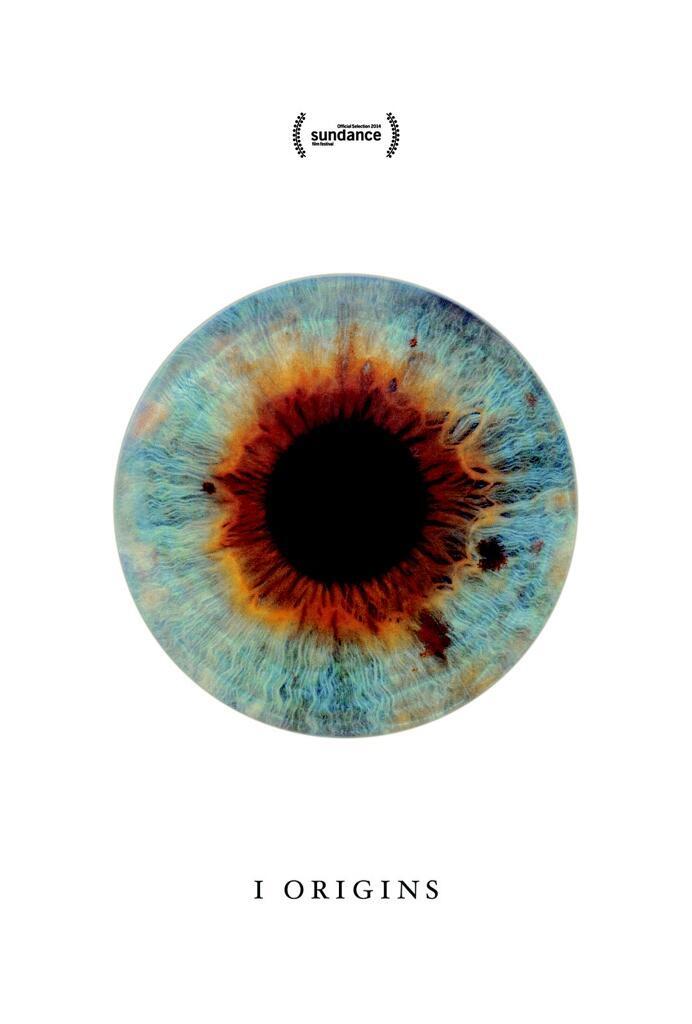Watching Alex Ross Perry’s mumblecore comedy The Color Wheel or Mike Cahill’s ambitious, but disappointing Another Earth in 2011 can’t really prepare you for their sophomore efforts, both of which premiered in Park City. Both Listen Up Philip and I Origins demonstrate a near stratospheric development for the pair in virtually every conceivable way. Cahill, especially, appears to have finally found a compelling way to conclude his high-concepts, which was one of the most frustrating elements of his debut. Perry on the other hand, has taken all of the promise found within his Indie Spirit-nominated gem and spun it into a literary tapestry that unfolds delicately and yet at breakneck speed.
You’d be forgiven for being taken entirely by surprise with Listen Up Philip thanks to its vivid, golden colourful strokes of 16mm beauty appearing in stark contrast to the minimalist aesthetic of his debut. Even more surprising is the structure that delightfully plays with audience expectations regarding the direction of certain characters. Just when you think Perry’s astute screenplay is teetering on the verge of monotony, it veers ever so delicately so that you may barely even notice. It’s a wonderful little game of bait and switch that helps make the film feel more intricate and less like two straight hours of people talking.

Thankfully, Perry has assembled a cast that is game for the dialogue-heavy responsibility of turning these arch characters into people worth investing time in. Schwartzman especially is somehow able to turn the prickly Philip, a likely cousin to Nicole Kidman and Noah Baumbach’s Margot, into more than just the insufferable bore that any real life version would surely be. Jonathan Price, Krysten Ritter, Jess Weixler and Eric Bogosian as the best disembodied narrator since John Hurt in Dogville, add ample support, but the real star of the show is Elisabeth Moss who has well and truly shed the idea that she’s nothing more than Mad Men’s Peggy. This is genuine awards-worthy work from Moss who is the emotional glue that keeps the film from truly descending into bitterness. One scene in particular even had me scribbling in my note pad “kidman in birth” in reference to a scene where it feels like every emotion under the sun is conveyed on her face. It’s a moment of rare human beauty in the film and shines like a beacon because of it. Frequently viciously cruel and hilarious, imbued by a cynical New York City, Listen Up Philip is a vital step forward for an exciting new talent.
Grade: B+ (although I have a feeling it will grow into an A- over time thanks to Moss)
Distribution: None yet, but if The Color Wheel can get even a minor release…
The direction that Mike Cahill has gone in isn’t as radically unexpected of a surprise, but is no less of a creative achievement. With I Origins, Cahill continues his collaboration with the curiously magnetic Brit Marling in another science fiction tale that goes more grandiose than the very lo-fi Another Earth, and yet remains thrillingly Earth-bound in its exploration of the scientific implications of God, reincarnation, and ethically dubious experimentation.

As if casting one actor that audiences seem cold on wasn’t enough, Cahill went and gave the lead role of romantically conflicted scientist (how about that for a wacky log line?) to Michael Pitt, and yet he is rewarded with what is likely Pitt’s finest work to date having thankfully shaken off the twitchy, affectedness that so often plagues his work (even if the science lab scenes are the shakiest and less thought out of the film). Marling, however continues to intrigue with her no-nonsense performances that remind me of early Jodie Foster in the way she seems determined to play characters in ways that could be easily come across as unlikeable, even when the role calls for sympathy.
As somebody who definitely believes in evolution, I was still able to find its very realistic and respectful take on the potential for a higher existence fascinating. It’s a can of worms type of situation regarding the science, even though much of it is invented it will likely incite debate, but sometimes that can be thrilling even if one doesn’t necessarily agree with the hypothesis that a film suggests. While the direction that I Origins goes into doesn’t necessarily surprise, it’s a tense thrill to watch Cahill gradually reveal his intentions and to realise that he’s not entirely playing the easy short game. A mid-credits stinger (which many audience members at my public screening missed due to their weird need to leave a film as soon as the credits begin) adds not only a striking denouement, but adds one last, chilling blow to the gut for viewers that may have calls for a sequel reaching fever pitch before mass audiences are even allowed to see it. Marvel’s post-credit tags look even more inconsequential and pointless in comparison.
 I Origins is bigger, bolder, and altogether more intellectually ambitious than Cahill’s previous debut. The scale is improved to such a degree that one has to wonder what exactly happened in the three years since Another Earth. The relationships are more complex, the drama more three-dimensional. It asks big questions, but never tailspins into flights of fancy. It’s a marvel of restraint and perfectly judged for the material that will likely endear itself to audiences that found Upstream Color’s DNA dalliances too kooky as well as those who enjoy the more human-oriented sci-fi of Contact. The initial promise of Mike Cahill has finally been proven right.
I Origins is bigger, bolder, and altogether more intellectually ambitious than Cahill’s previous debut. The scale is improved to such a degree that one has to wonder what exactly happened in the three years since Another Earth. The relationships are more complex, the drama more three-dimensional. It asks big questions, but never tailspins into flights of fancy. It’s a marvel of restraint and perfectly judged for the material that will likely endear itself to audiences that found Upstream Color’s DNA dalliances too kooky as well as those who enjoy the more human-oriented sci-fi of Contact. The initial promise of Mike Cahill has finally been proven right.
Grade: B+ / A-
Distribution: Somebody has to buy it eventually.